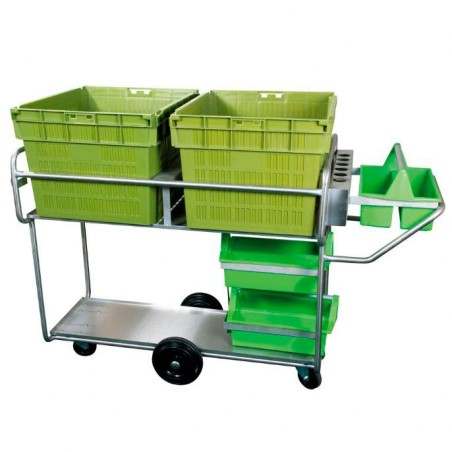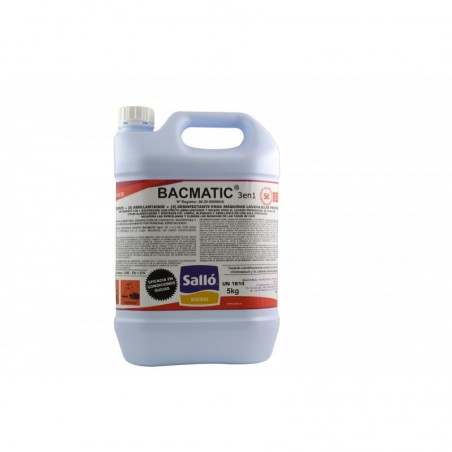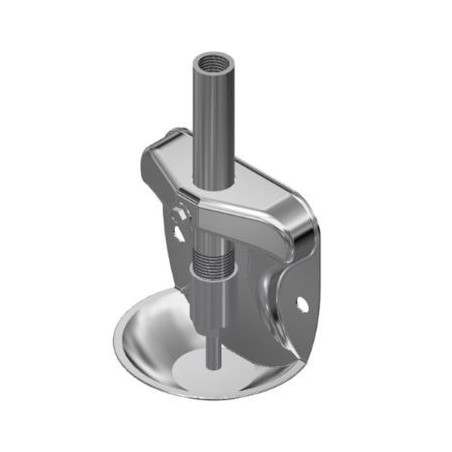Awareness of the need to improve the sustainability of livestock by reducing the loss of natural resources has increased significantly. The reuse of former foodstuff products from the food industry to replace cereal grains in feed represents a promising strategy for sustainable food. The objective of this study was to investigate the effects of two categories of food industry leftovers, also referred to as former foodstuff products, on pig gut microbiota and intestinal volatile fatty acid production. Thirty-six female postweaning piglets (28 days old, Large White × Landrace, 6.5 ± 1.1 kg) were separated into three groups and fed a conventional diet, and diets in which cereals were partially replaced (30% weight for weight) by sugary confectionery products or salty bakery products, respectively. After 42 days of dietary treatments, faeces were collected from the rectal ampulla, snap-frozen, and used for next-generation sequencing to analyse the composition and the alpha and beta diversity indexes of the microbial population. The concentration of volatile fatty acids in the intestinal content collected at the slaughterhouse was also analysed.
The study demonstrated that balanced diets can be obtained by the inclusion of both sugary confectionery products and salty bakery products, with a similar chemical composition compared to traditional diets. Neither the sugary confectionery products nor the salty bakery products diets affected the abundance and biodiversity indexes of the microbial community. Only a few taxa, normally attributed to a healthy gut, increased with sugary confectionery products and salty bakery products compared to the conventional diet. The experimental diets had no impact on the production of the volatile fatty acids in the faeces. The inclusion at 30% (weight for weight) of both categories of former foodstuff product diets slightly affected the faecal microbiota.

Former foodstuff products could thus be used as a promising alternative to traditional ingredients in pig diets; however, additional analyses are needed to further investigate the presence of potentially pathogenic bacteria. The effects of such ingredients on other markers of gut health, and on product quality when used in the fattening period also need to be investigated.
Tretola M, Ferrari L, Luciano A, Mazzoleni S, Rovere N, Fumagalli F, Ottoboni M, Pinotti L. Sugary vs salty food industry leftovers in postweaning piglets: effects on gut microbiota and intestinal volatile fatty acid production. Animal. 2022; 16(7): 100584. https://doi.org/10.1016/j.animal.2022.100584









